Description
Latin Name : Salvia Officinalis
Origin Country: Albania
Sage is a staple herb in various cuisines around the world. Its other names include common sage, garden sage and Salvia officinalis.
Sage has a strong aroma and earthy flavor, which is why it’s typically used in small amounts. Even so, it’s packed with a variety of important nutrients and compounds. This green herb is available fresh, dried or in oil form — and has numerous health benefits.
Here are some surprising health benefits of sage:
- Inflammation Issues: The anti-inflammatory qualities of sage extend to health issues such as arthritis and gout, as well as general inflammation of the cardiovascular system.
- Antioxidant Impact: Antioxidant compounds(over 160 distinct polyphenols) found in sage are molecules that help fortify your body’s defenses, neutralizing potentially harmful free radicals that are linked to chronic diseases. Antioxidant compounds have been also shown to buffer your brain’s defense system and memory retention in subjects.
- Reduces Blood Sugar Levels: The leaves of common sage have been used traditionally as a remedy against diabetes. In humans, sage leaf extract has been shown to lower blood sugar and improve insulin sensitivity with a similar effect as rosiglitazone, another anti-diabetes drug
- Skin Conditions: A topical salve can be created using sage leaves or a tincture of the plant that has been shown to be effective against certain skin conditions, including eczema, psoriasis, and acne.
- Digestion: The rosmarinic acid found in sage acts as an anti-inflammatory agent in many parts of the body, even in the stomach, where it prevents gastric spasms and can significantly lower the occurrence of diarrhoea and gastritis





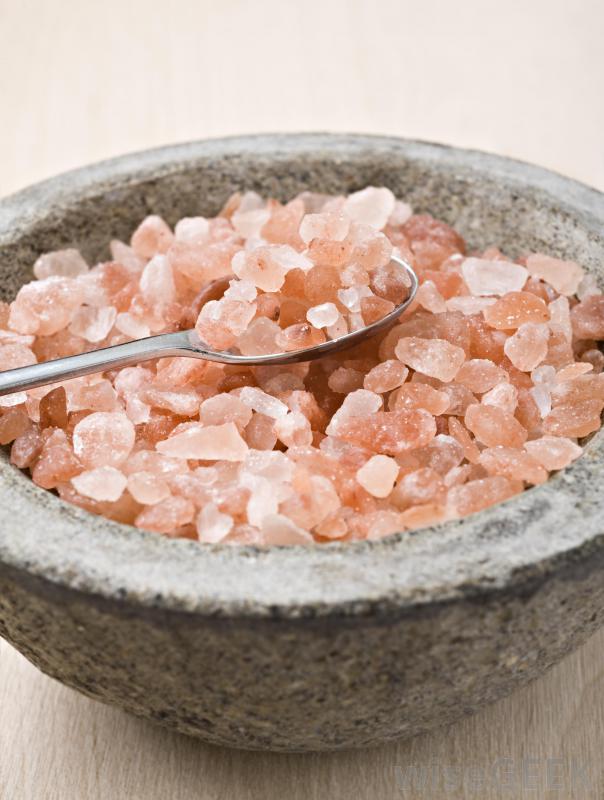
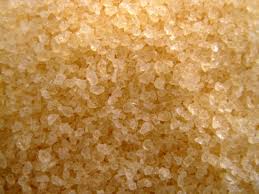

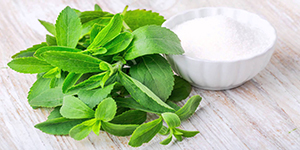

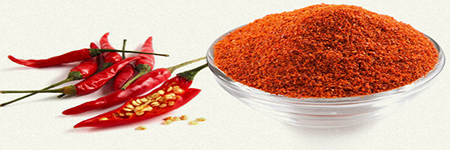
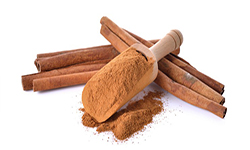
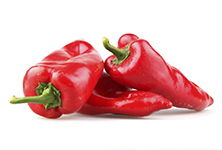







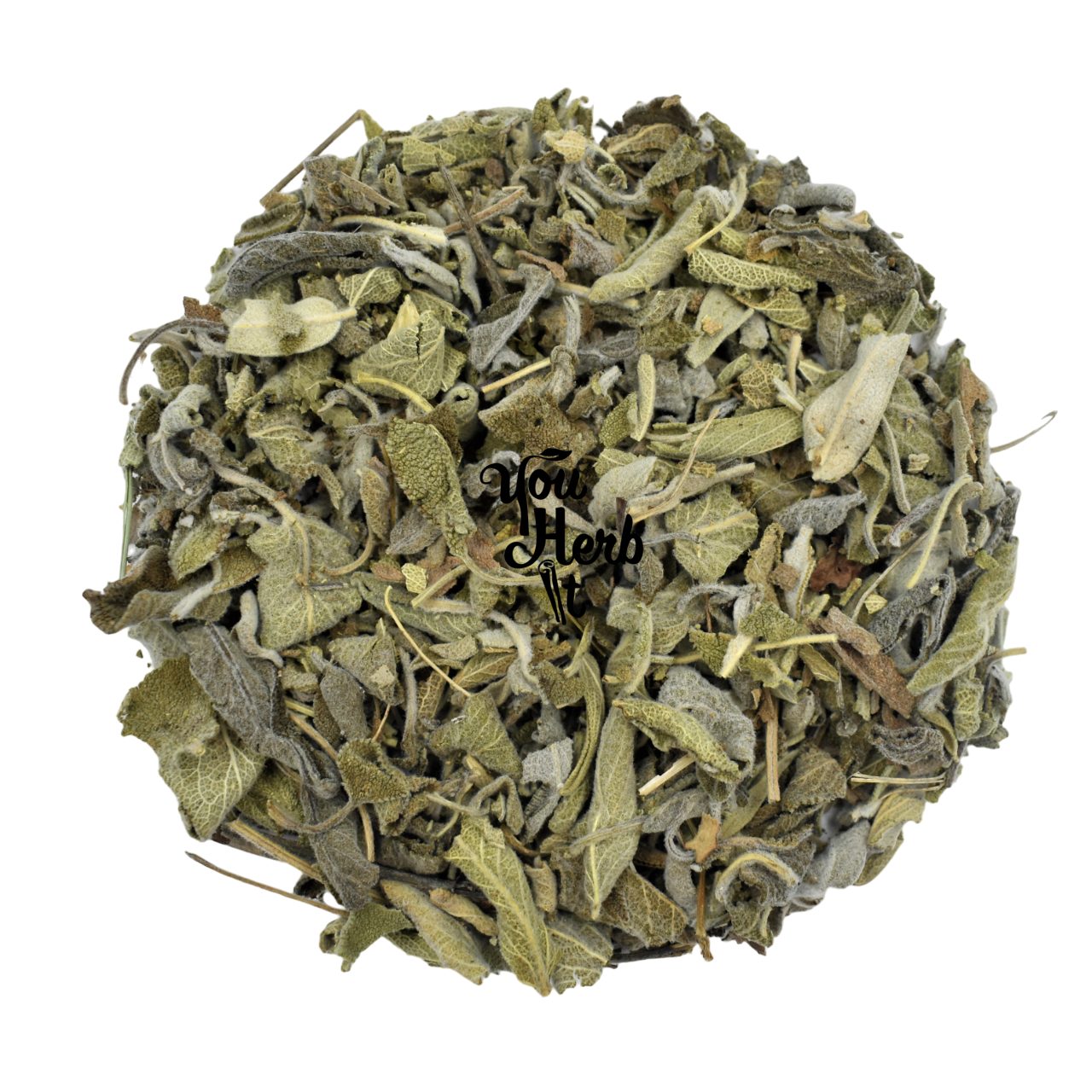
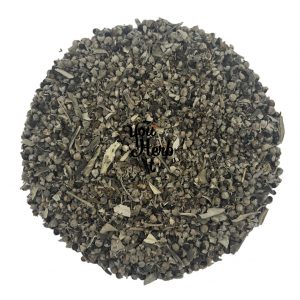
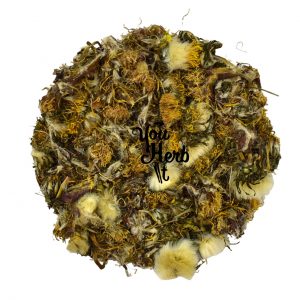
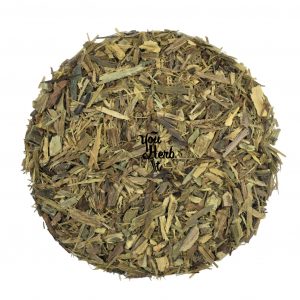
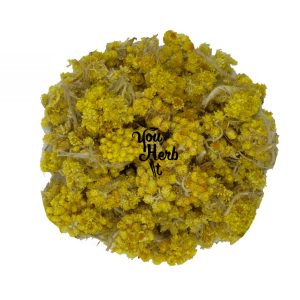
Reviews
There are no reviews yet.